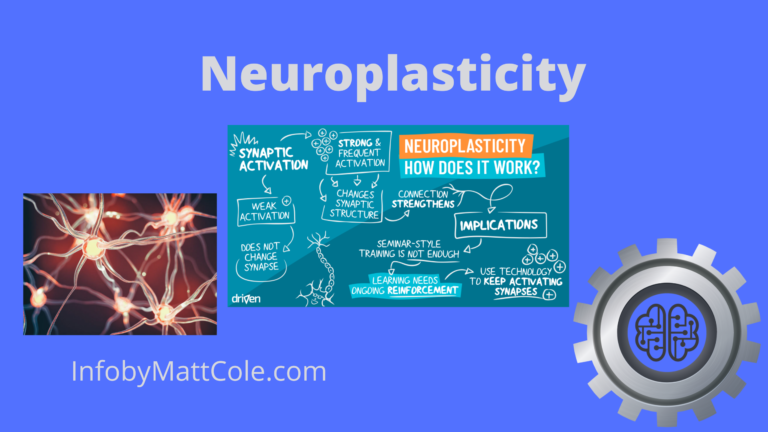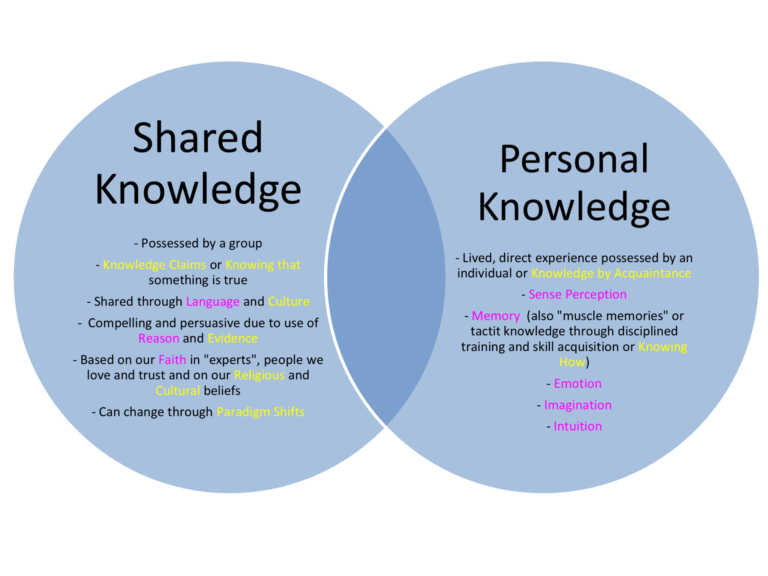Critical Thinking – Argument Analysis
Mastering Critical Thinking: How Argument Analysis Can Improve Your Reasoning Skills
In today’s world, being able to think critically is more important than ever. From political debates to everyday decision-making, the ability to evaluate arguments and make informed judgments is a crucial skill. One effective method for developing critical thinking skills is argument analysis, which involves breaking down arguments and evaluating the logic and evidence used to support them. In this article, we will explore the benefits of argument analysis and provide tips for improving your reasoning skills.
What is argument analysis?
Argument analysis is the process of breaking down arguments into their component parts in order to evaluate their logic and evidence. This involves identifying the premises (the reasons given in support of the conclusion), the conclusion (the main point being argued), and any assumptions or implications that may be present. By carefully analyzing these elements, you can evaluate whether the argument is sound, and identify any weaknesses or fallacies that may be present.
Why is argument analysis important?
Argument analysis is important for several reasons. First, it helps you to identify and evaluate the reasoning behind an argument. This can be especially helpful when evaluating political or social issues, as it allows you to make informed judgments based on the evidence presented. Additionally, argument analysis can help you to identify and avoid common fallacies, such as ad hominem attacks or appeals to emotion, which can weaken the persuasiveness of an argument. By developing strong argument analysis skills, you can become a more effective communicator and a more informed decision-maker.
Tips for improving your argument analysis skills
- Practice analyzing arguments: Start by analyzing arguments you encounter in everyday life, such as news articles or social media posts. Identify the premises and conclusion, and evaluate the evidence and logic used to support the argument.
- Identify common fallacies: Become familiar with common fallacies such as the strawman fallacy or the slippery slope fallacy. This will help you to identify when an argument is weak or flawed.
- Ask questions: When evaluating an argument, ask questions to clarify the reasoning behind it. This can help you to identify any assumptions or gaps in the logic.
- Consider alternative perspectives: When analyzing an argument, consider alternative perspectives or counterarguments. This can help you to evaluate the strengths and weaknesses of the argument from multiple angles.
- Seek feedback: Ask for feedback from others on your argument analysis skills. This can help you to identify areas for improvement and refine your critical thinking skills.
In Summary
Argument analysis is a critical thinking skill that can help us evaluate the logic and evidence behind an argument. By identifying the argument, evaluating the premises and logic, considering counterarguments, and drawing a conclusion, we can make informed decisions and avoid being misled by faulty reasoning. Practice this skill regularly, and you’ll be well on your way to becoming a more effective critical thinker.
#infobymattcole
 You can check out Matt’s LinkedIn account, Youtube Channel, or Podcast.
You can check out Matt’s LinkedIn account, Youtube Channel, or Podcast.Introducing my new books, ‘The Art of Critical Thinking’ and ‘The Critical Thinking Model’. Both can be read for free with Kindle Unlimited or $2.99 each via Kindle.





